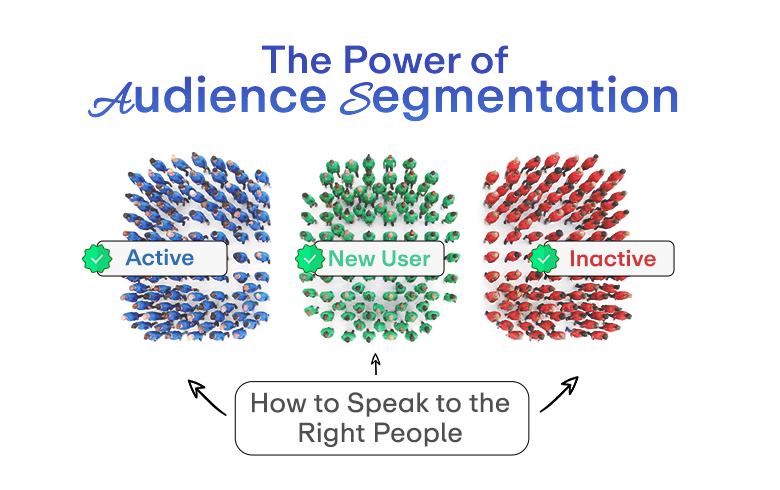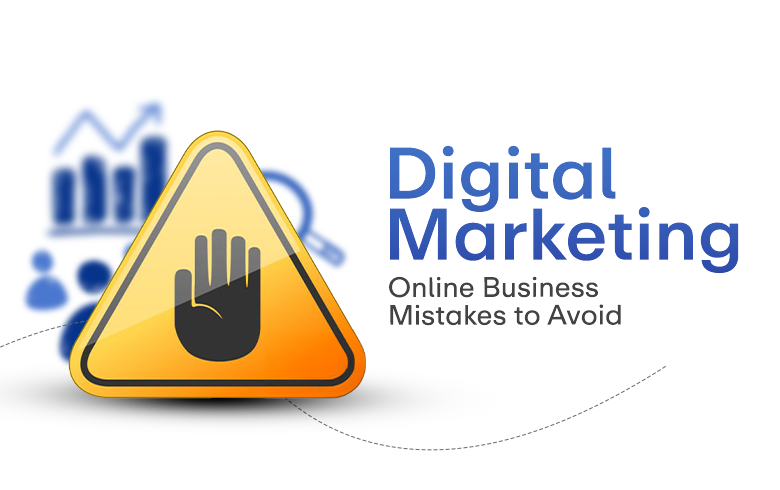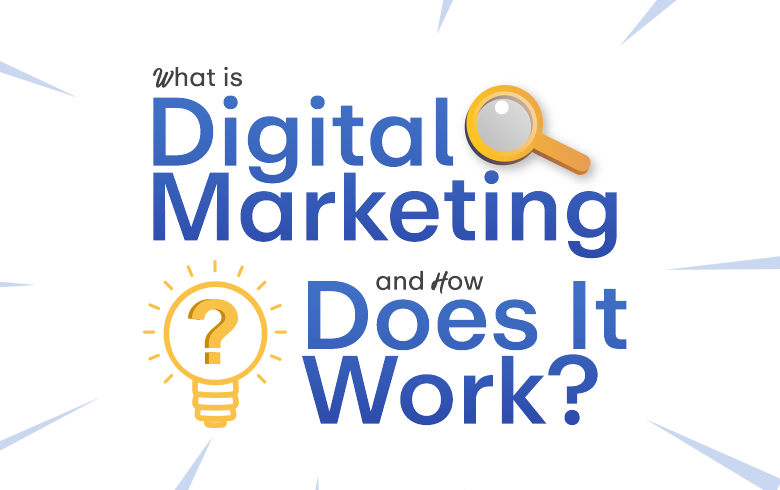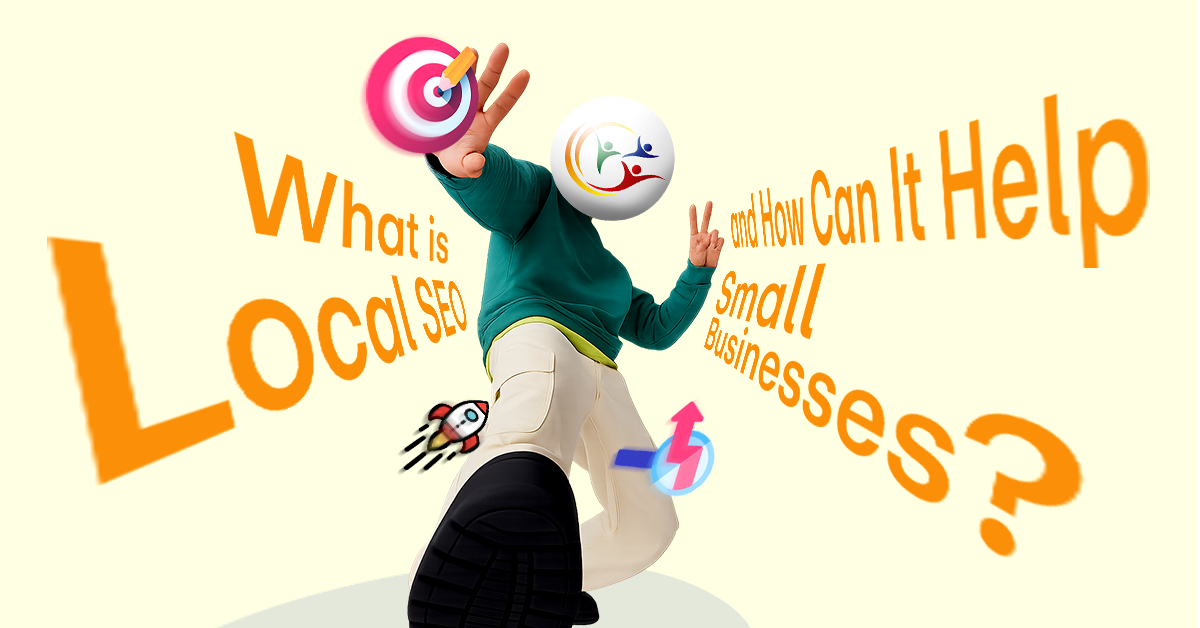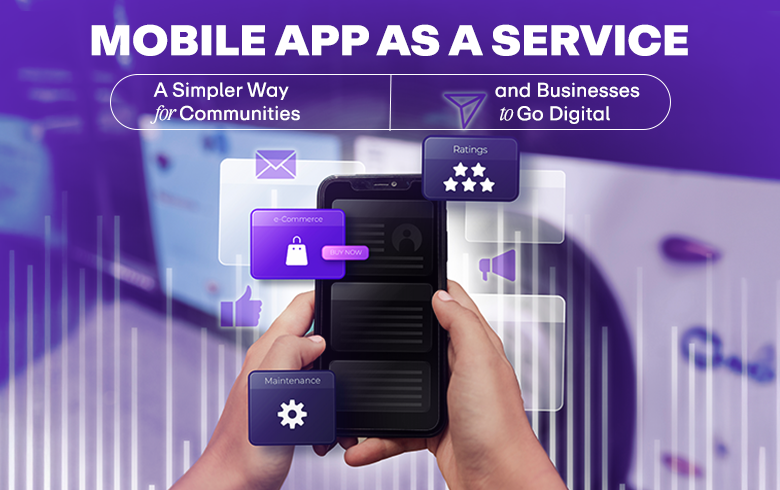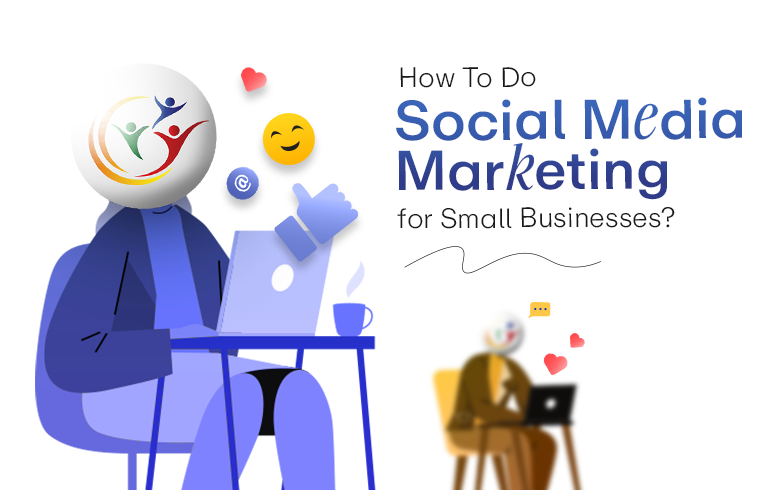Social Media Marketing for Small Businesses is a game-changer, offering you the power to connect directly with your audience.Small businesses can leverage the power of social media platforms to increase brand awareness, engage with customers, and drive sales. The best part? You don’t need a massive budget to see big results. By following a few essential steps, small business owners can build an effective social media presence that delivers measurable success.
In this guide, we’ll break down the ins and outs of Social Media Marketing for Small Businesses, showing you how to grow your brand, engage with customers, and drive sales. Ready to turn your social platforms into business-boosting tools? Let’s dive in!
1. Set Clear Goals for Social Media Marketing for Small Businesses
Before diving into social media marketing for small businesses, it’s crucial to set clear goals. What do you want to achieve with your campaign? Whether it’s increasing website traffic, building brand awareness, or driving sales, knowing your objectives helps shape your strategy.
A successful social media marketing for small businesses campaign often includes a mix of short-term and long-term goals. For instance, in the short term, you might aim to gain 100 new followers a month, while your long-term goal could be to increase online sales by 20% within six months. Make sure your goals are SMART—Specific, Measurable, Achievable, Relevant, and Time-bound.
2. Know Your Audience
The next step in social media marketing for small businesses is identifying and understanding your target audience. Who are your customers? What social media platforms do they use the most? Knowing the demographics, interests, and behaviors of your audience will allow you to create content that resonates with them.
Tools like Facebook Insights, Instagram Analytics, and Google Analytics can offer valuable data on your audience’s age, location, and preferences. This information is essential for tailoring your social media marketing for small businesses strategy to ensure it reaches the right people at the right time.
3. Choose the Right Platforms
Not all platforms are created equal when it comes to social media marketing for small businesses. It’s important to focus on the platforms where your audience is most active. For example, if your target audience consists of younger people, Instagram and TikTok might be better suited for your business. If you cater to professionals, LinkedIn may be the best platform.
Click here To Know More about our Social Media Marketing Services in USA
Facebook, Instagram, Twitter, LinkedIn, and Pinterest are among the most popular choices for social media marketing for small businesses, but each platform serves a different purpose. Don’t spread yourself too thin; it’s better to excel on a couple of platforms than to be mediocre on many.
4. Create Engaging Content for Effective Social Media Marketing for Small Businesses
Creating high-quality, engaging content is key to effective social media marketing for small businesses. Your content should be a mix of promotional, informative, and entertaining posts. This keeps your audience engaged and increases the likelihood of shares and likes.
Visual content such as images, infographics, and videos tend to perform well across platforms. For example, product demonstration videos, behind-the-scenes footage, or customer testimonials can be effective for social media marketing for small businesses. Use a consistent brand voice and aesthetic to build recognition and trust.
5. Post Consistently
Consistency is critical in social media marketing for small businesses. Posting sporadically or disappearing for weeks at a time can cause your audience to lose interest. Create a content calendar to plan and schedule posts in advance. This helps maintain consistency and keeps your audience engaged with regular content.
Platforms like Hootsuite, Buffer, and Sprout Social offer scheduling tools that simplify posting across multiple platforms. With regular and timely updates, social media marketing for small businesses becomes more effective at building and maintaining an active audience.
6. Engage With Your Audience
One of the most significant advantages of social media marketing for small businesses is the ability to engage directly with your customers. Respond to comments, answer questions, and participate in conversations related to your industry. Engaging with your audience helps build a loyal community around your brand.
Also, don’t forget to monitor mentions of your brand. This allows you to join conversations and interact with people who may not be directly messaging you but are discussing your business. Engaging with your followers consistently humanizes your brand and strengthens relationships.
7. Leverage Paid Advertising in Social Media Marketing for Small Businesses
While organic reach is essential in social media marketing for small businesses, paid advertising can significantly boost your visibility. Platforms like Facebook and Instagram offer highly targeted advertising options that allow you to reach specific demographics.
Investing in paid ads for social media marketing for small businesses can help you get your content in front of more potential customers. You can create ads that target users based on location, age, interests, and behavior, ensuring your message reaches the right people.
8. Monitor Performance and Adjust Strategy
Regularly monitoring the performance of your social media marketing for small businesses campaign is critical. Use tools like Facebook Analytics, Instagram Insights, or Google Analytics to track metrics like engagement rates, click-through rates, and conversion rates.
Analyzing this data helps you understand what’s working and what needs improvement in your social media marketing for small businesses strategy. Don’t be afraid to experiment with different types of content, post times, or hashtags to optimize your campaign for the best results.
9. Collaborate with Influencers or Partners
Influencer marketing can be an excellent addition to your social media marketing for small businesses strategy. Partnering with local influencers who align with your brand can expose your business to a broader audience and build credibility.
Additionally, collaborating with complementary businesses for social media takeovers, giveaways, or promotions can further boost your social media marketing for small businesses efforts.
10. Offer Value to Your Audience
Finally, always strive to offer value in your social media marketing for small businesses. Whether it’s through exclusive discounts, helpful tips, or entertaining content, your audience should feel that following you adds value to their lives.
Providing meaningful content that addresses your audience’s needs and interests is what keeps them engaged. Over time, this fosters loyalty and transforms followers into paying customers, making your social media marketing for small businesses more impactful.
Social media marketing for small businesses can be highly effective when done right. By setting clear goals, understanding your audience, creating engaging content, and monitoring your performance, small businesses can thrive on social media. With time, dedication, and the right strategy, your small business can experience tremendous growth through the power of social media marketing.
Q.How do I start social media marketing for my business?
Ans: To start social media marketing for small businesses, define your target audience, choose the right platforms where they’re active, and create engaging content that reflects your brand. Consistently post, interact with followers, and track performance to refine your strategy for better results.
Q.What is the best social media marketing for a small business?
Ans: The best social media marketing for small businesses involves using platforms like Facebook, Instagram, and LinkedIn to connect with local audiences. Focus on creating engaging, visual content and leveraging paid ads to reach more potential customers. Consistent posting, customer interaction, and using platform analytics to refine strategies are key to growth.
Q.How does social media promote small businesses?
Ans: Social media marketing for small businesses boosts visibility and engagement by connecting directly with target audiences. It allows businesses to share updates, promotions, and content, fostering brand loyalty and attracting new customers. By utilizing platforms like Facebook, Instagram, and Twitter, small businesses can reach a broader audience and compete effectively in their market.
Q.How do I create a social media plan for my small business?
Ans: To create a social media plan for your small business, start by defining your goals and target audience. Develop a content calendar with varied posts that align with your brand and engage your audience. Use social media marketing for small businesses to promote your products or services effectively. Finally, monitor performance and adjust your strategy based on analytics to ensure ongoing success.
Q.Which social media is most profitable?
Ans: The most profitable social media for small businesses often depends on their target audience. Generally, platforms like Facebook and Instagram offer strong ROI due to their advanced targeting options and large user bases. Leveraging social media marketing on these platforms can help small businesses reach their audience effectively, drive engagement, and boost sales. Tailoring strategies to your audience’s preferences can maximize profitability.
Q.How to get paid on social media?
Ans: To get paid on social media through social media marketing for small businesses, start by leveraging platforms like Instagram, Facebook, and LinkedIn to build a strong brand presence. Utilize sponsored posts, affiliate marketing, and direct product sales to monetize your following.
Ready to boost your brand and engage more customers? Let’s connect and make your social media work for you. Contact us today for a free consultation!
You can also read this article to know more about Social Media Marketing.





